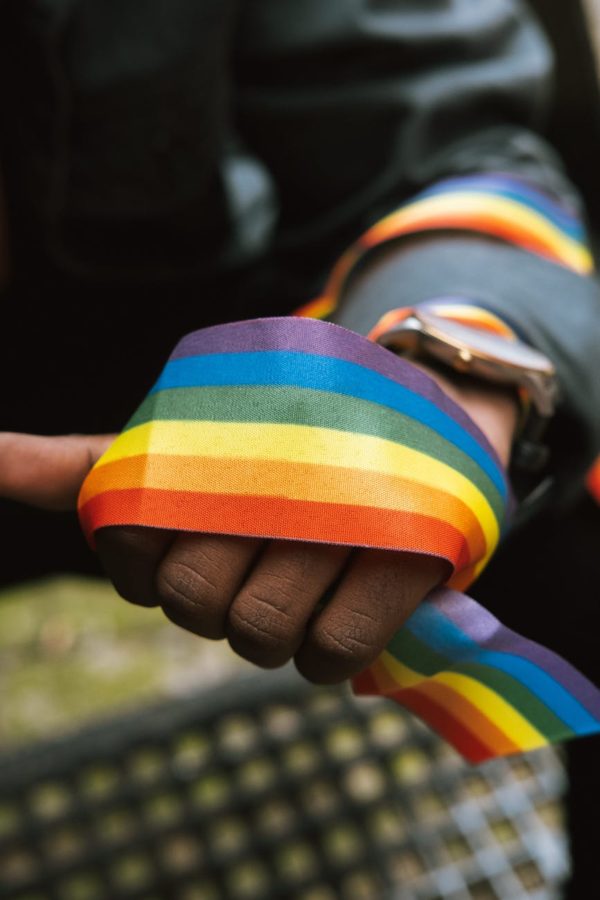Banning Transgender Athletes Is Wrong
Photo by Anete Lusina from Pexels
Transgender women are being banned from competing on women’s sports teams in several states.
Discrimination against the transgender community is, unfortunately, extremely common. From not being able to use public restrooms to limitations seeking employment and healthcare, the rights of transgender people have been repeatedly put in jeopardy for decades. The rights of transgender people are challenged simply because they do not conform to society’s norms of sexual orientation and gender identity. Recently, several states including Florida, Idaho, and Mississippi have banned transgender women and girls from participating in female sports teams, leaving many people enraged. Transgender athletes should be able to compete in athletics with the gender they identify as.
Florida Republican leaders in the State Legislature approved this controversial ban, which states that transgender women are not allowed to participate in female sports leagues at the high school and collegiate level. Transgender females are being limited to only competing in coed sports and male teams. Earlier this month, the House of Representatives approved this ban; however, it failed to advance to the Senate. The Senate was hesitant to move forward with the ban after the National Collegiate Athletic Association (NCAA) brought it to their attention that they may move the locations of their championships if they feel student athletes are not being treated fairly.
Some proponents of this ban argue that transgender females may have a competitive advantage in sports. Some are also uncomfortable with the thought of their daughters competing against people with biological male anatomy. On the other hand, many transgender women take estrogen hormones to “level out the playing field” and as a part of their transition. Joseph Dolce, a junior, said, “Scientifically, it does not make sense to say that transgender women would have more of an advantage when many take hormones such as estrogen, giving them the same athletic ability as a biological woman. In addition, there are many deeper issues…such as athletes who take steroids.”
Gina Danato, a junior, commented, “If you are a girl, you are a girl. If you are a boy, you are a boy. You are how you present yourself, and it is no one else’s business if your body says otherwise. It is ridiculous to prevent people from playing a sport because they have a different body part.” Junior Emmie Paladino shared, “I think if you identify as a female, you should be allowed to participate in a female sports league. If you identify as a male, you should be able to compete with male athletes. It is up to the individual to decide where they are comfortable competing.”
There is no excuse to not allow transgender women to play on female sports teams. They have as much of a right to be on the team as any other athlete. The decision to completely ban them from playing is solely based in ignorance. Society needs to learn to stop discriminating and start accepting all people.






















